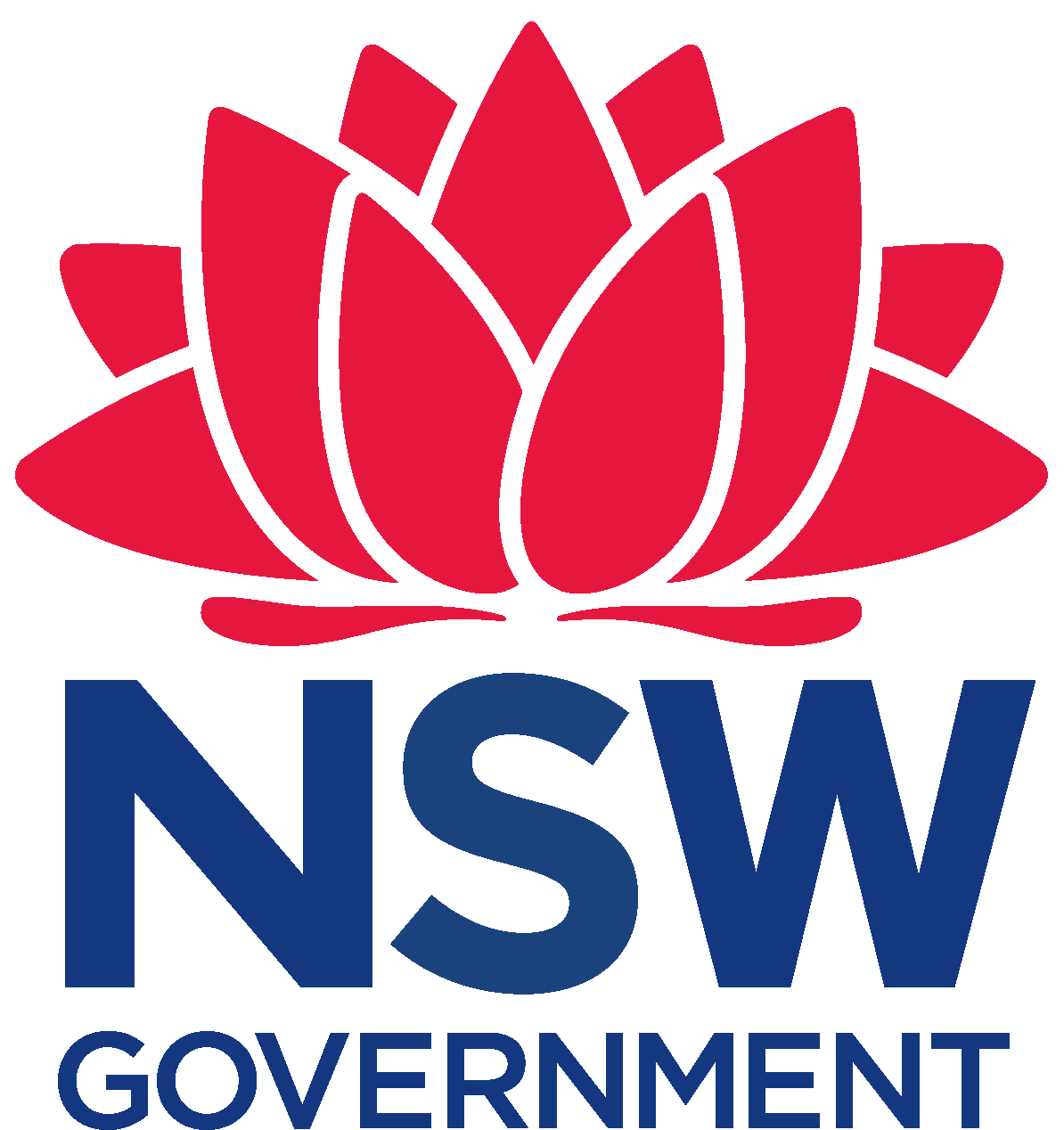The business of farming is a constant process of decision making. While decisions can be made on instinct, taking time to thoroughly consider the decision prior is generally more valuable and profitable.
Farmers consider numerous factors including weather conditions, soil quality, market demand, financial resources and environmental sustainability when making decisions.
How we make decisions:
There are many ways people tackle decision-making but generally it comes down to three approaches or a combination of these:
- The head:
This is the logical approach to decision-making, where information is gathered, analysed and processed rationally.
- The heart:
This is the emotional aspect of decision-making. It includes a farmer’s beliefs, values, fears and preferences. Sometimes these feelings (like a strong connection to the family farm) are deeply entrenched, making it hard to apply other approaches.
- The gut:
This is intuition, which is shaped by knowledge and prior experience. It usually bypasses rational processes by linking past experiences (good and bad) with the present. Intuitive decisions often “just feel right”.
How to make better decisions:
There are several strategies you can employ to enhance your decision making:
- Be prepared: allocate sufficient time to thoroughly asses the decision at hand.
- Identify key variables: Focus on critical factors and avoid being swayed by non-essential ones.
- Utilise available tools: employ methods such as creating pros and cons lists.
- Seek expert advice: listen to experts to broaden your perspective but make decisions based on your own judgment.
- Establish a clear purpose and business goals: align decisions with your purpose and objectives, remain consistent with your vision and mission.
Effective decision making is crucial for successful farming. By understanding your decision making styles and employing structured strategies you can approach challenges with confidence and work towards achieving your goals more effectively.
“The most valuable aspect of the support our RFC gave us was that he broke down where we were in our life cycle and what our options were which helped us make our decision to sell the farm and retire.” Geoff, Broken Hill.
Remember that you don’t have to navigate complex decisions alone. RFCS NSW offer support and guidance tailored to your unique circumstances. Engaging with others can provide valuable insights and help you make more informed choices. To speak to your local Rural Financial Counsellor and access the services of RFCS NSW call 1800 319 458.



